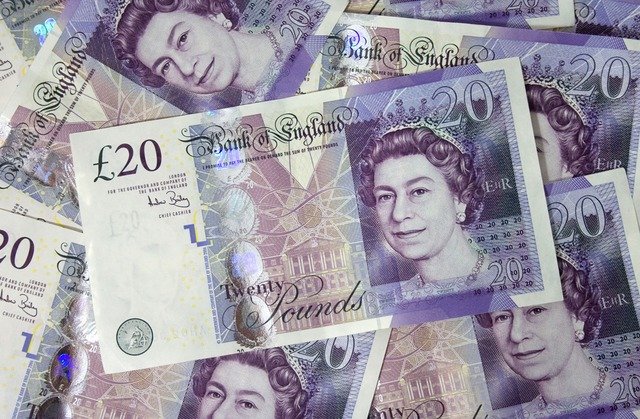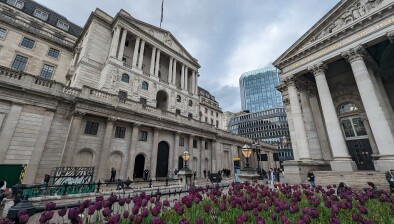Economic pressure eases as UK inflation dips to two-year low

The UK’s inflation rate has dipped to a two-year low of 4.6%, signalling a favourable turn in the country’s economic landscape.
This deceleration in price growth, notably below the 5.3% target set by Prime Minister Rishi Sunak for year-end, has been propelled by a decrease in energy costs.
In a decline since the 11.1% inflation peak of October 2022, the Office for National Statistics (ONS) reported a notable drop in the costs for housing, household services, and food. The ONS highlighted that this reduction is partly attributed to the government’s energy price cap intervention amidst last year’s spike in global gas prices.
The core inflation, which excludes volatile energy and food prices, also receded to 5.7% from 6.1%. This substantial decrease, the largest monthly fall since 1992, was anticipated due to last year’s high comparative base. Food inflation has also seen a steady decline, reaching a 15-month low at 10.1%.
With inflation now contracting for seven months in a row, there is a budding optimism that the Bank of England’s restrictive interest rate policy is starting to temper the labour market and consumer spending. Wage pressures have shown a marginal relaxation, which is critical for the Bank’s 2% inflation objective.
Comparatively, the UK’s inflation trajectory is aligning with other G7 nations, with the US and the Eurozone reporting lower rates of 3% and 2.9%, respectively. These figures could influence the Bank of England to maintain the current interest rates, continuing the trend from the previous two meetings.
John Moore, investment manager at RBC Brewin Dolphin’s Edinburgh office, said: “UK inflation data looks good all round. UK inflation slowed to 4.6% year-on-year in October from 6.7%, both the consensus and Bank of England’s expectations.
“As widely expected, most of the slowdown in headline inflation between September and October came from domestic utility bills. But the good news is the decline in headline inflation was relatively broad based.
“A reflection of domestic inflation pressure, the CPI services inflation slowed from 6.9% to 6.6% in October and below the Bank of England projection. Today’s data further strengthens the narrative of the end of the hiking cycle in the UK and markets are pricing in rate cut from June 2024.”
Jill Mackay, savings specialist at Scottish Friendly commented: “Heading into winter people’s energy bills will go back up and experts are predicting that the energy price cap will rise again in January. It therefore seems unlikely that inflation will continue its rapid descent and could hover around 4% or 5% mark for some time.
“We are clearly not out of the woods yet and households should keep a firm handle on their finances to mitigate the impact of any higher bills and unexpected costs. Building up a considerable savings buffer remains the priority for anyone able to do so, while for longer-term goals investing should be part of people’s thinking.”






